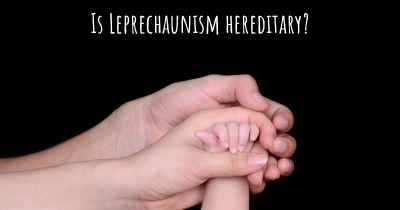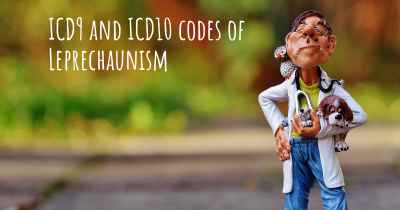How is Leprechaunism diagnosed?
See how Leprechaunism is diagnosed. Which specialists are essential to meet, what tests are needed and other useful information for the diagnosis of Leprechaunism

Leprechaunism, also known as Donohue syndrome, is an extremely rare genetic disorder characterized by severe insulin resistance. It is caused by mutations in the insulin receptor gene (INSR) and is inherited in an autosomal recessive manner.
Diagnosing Leprechaunism involves a combination of clinical evaluation, physical examination, and genetic testing. Due to its rarity, the disorder is often suspected based on the presence of specific clinical features and symptoms. These may include severe growth retardation, characteristic facial features (such as a small nose and large ears), abnormalities in the skin and hair, enlarged genitalia in males, and developmental delays.
During the physical examination, healthcare professionals may observe signs of hyperinsulinemia (excess insulin in the blood) and insulin resistance. Blood tests are typically performed to measure fasting glucose and insulin levels, as well as to assess glucose tolerance. These tests help to confirm the presence of insulin resistance and hyperinsulinemia.
Genetic testing is the definitive method for diagnosing Leprechaunism. It involves analyzing the individual's DNA to identify mutations in the insulin receptor gene (INSR). This can be done through various techniques, such as targeted gene sequencing or whole-exome sequencing. Genetic testing not only confirms the diagnosis but also helps in identifying the specific mutations responsible for the disorder.
It is important to note that Leprechaunism is an extremely rare condition, and its diagnosis requires expertise in clinical genetics. Therefore, individuals suspected of having Leprechaunism are often referred to specialized genetic centers or clinics for further evaluation and testing.
Once a diagnosis is confirmed, appropriate management and treatment strategies can be implemented to address the symptoms and complications associated with Leprechaunism. These may include insulin therapy, dietary modifications, and close monitoring of blood glucose levels.








